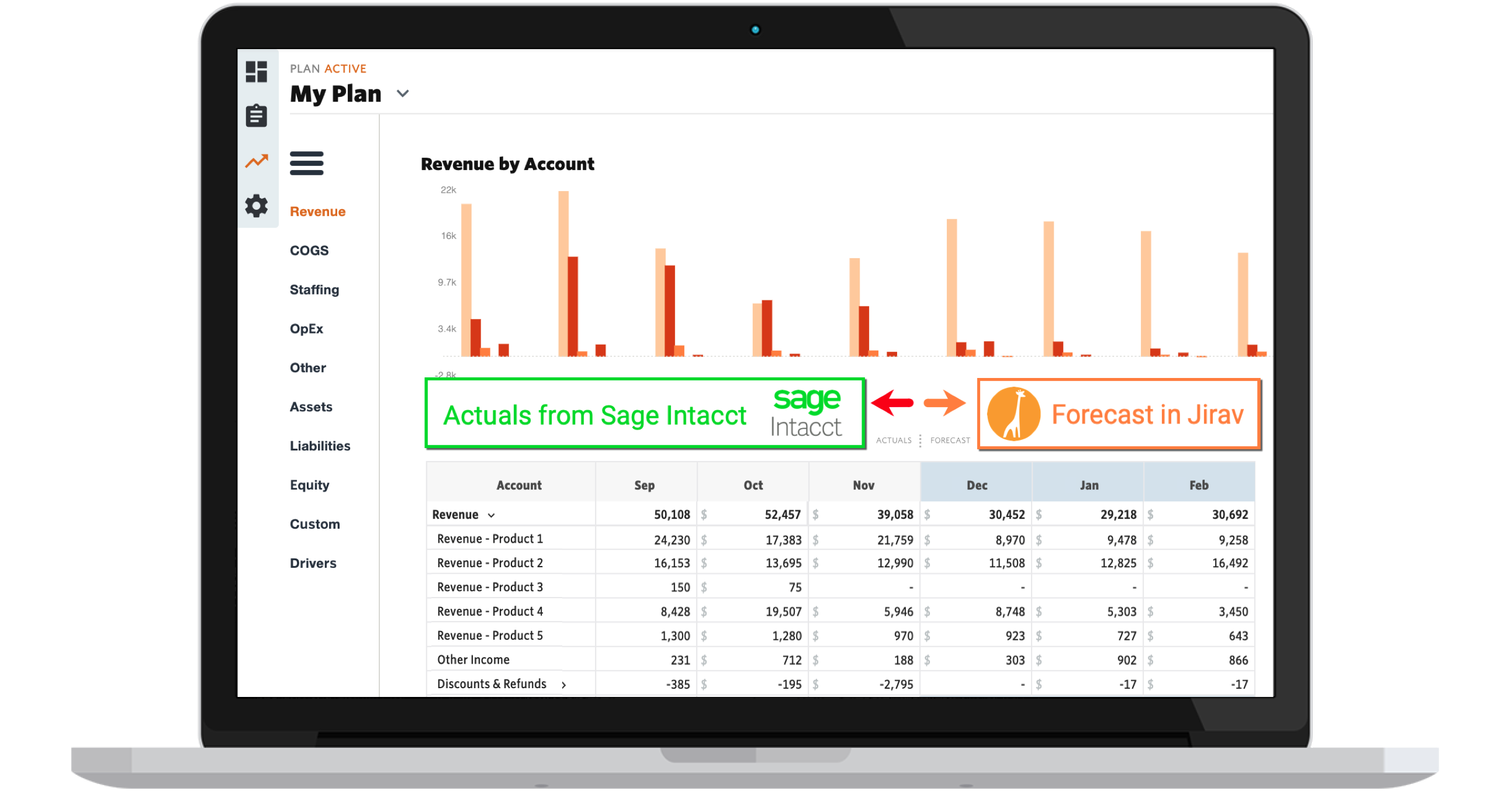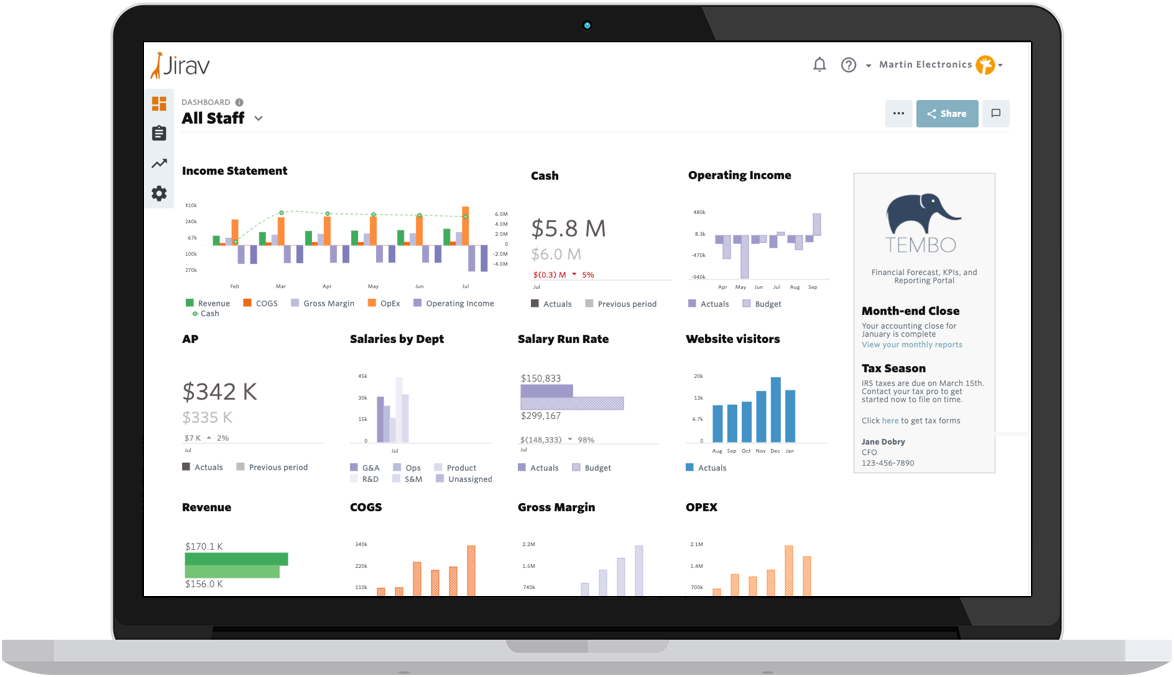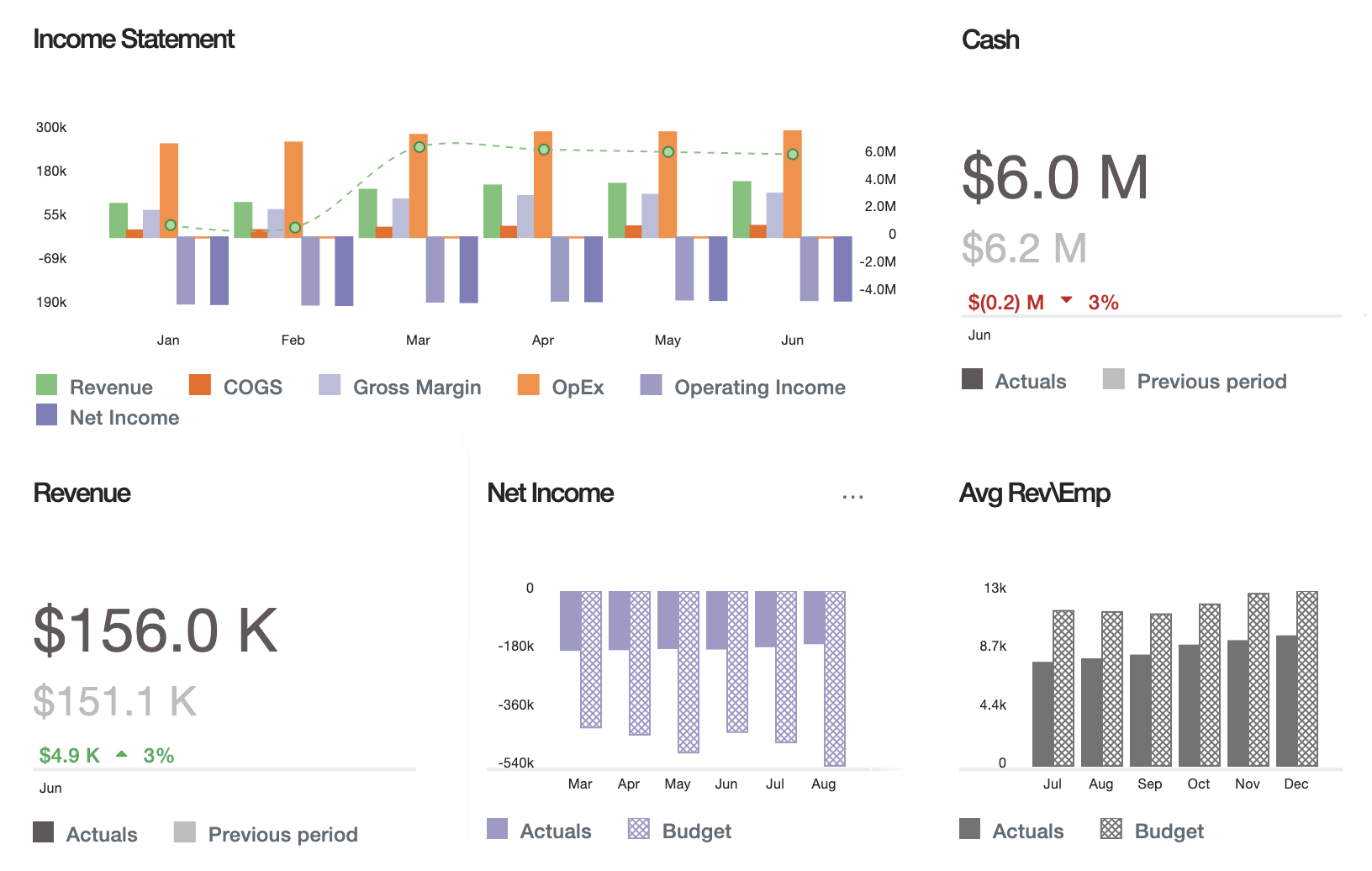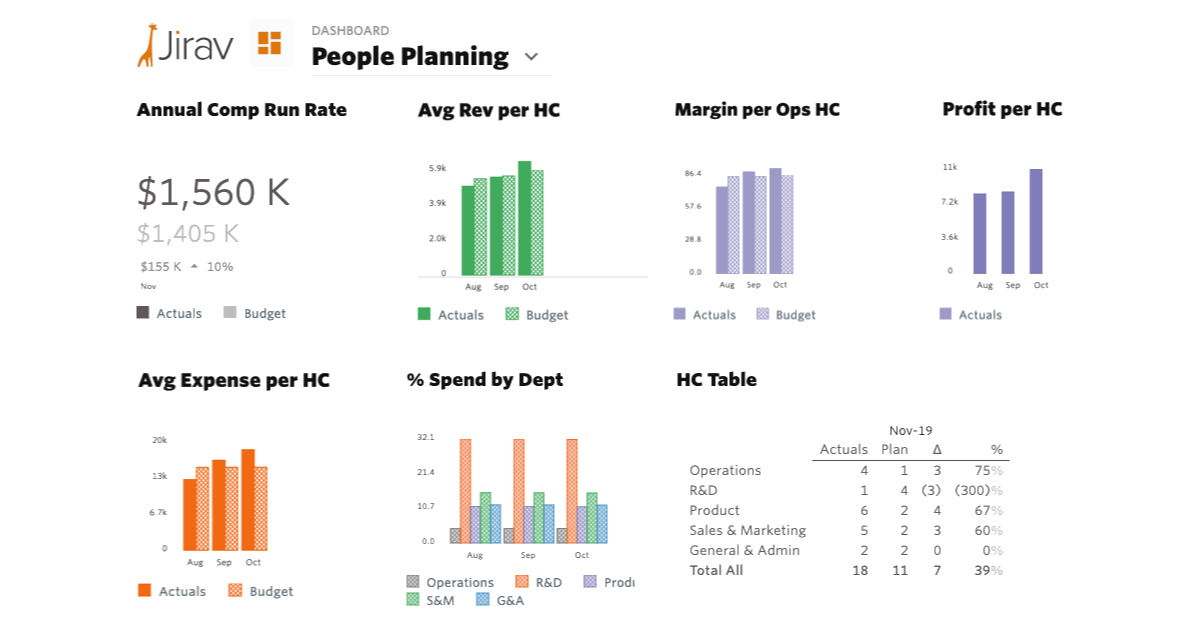As a founder, you rely on your finance team to compile the data you need to effectively manage your business. (You are a data-driven business leader, right? I assume that’s why you’re here.)
Most startup founders have a sales or technical background, not an accounting degree, so it’s not the easiest business function to manage. But that doesn’t mean you have to simply accept the reports you’re given. It’s important for business leaders to take responsibility for the reporting and insights you receive — and how you receive them.
Don’t allow yourself to feel out of control when it comes to the financial deliverables you receive on a regular basis. If you’re not sure what to ask or expect from your finance team, keep reading.
The bar is rising for accounting services
First, it’s important to understand that your finance team will look different as your business grows and evolves. To start, you’ll need help, whether with an in-house staff or with an outsourced accounting firm, to manage basic tasks, including:
- Reconciliations
- Payroll
- Accounts Payable
- Accounts Receivable
- Financial Reporting
- Tax Prep and Filing
This core set of services, with some minor variations, has traditionally been the basis of business and accounting relationships. Today, with the speed created by technology, those expectations are growing.
Today’s future-focused accountants don’t limit themselves to a cold, distant relationship of checking in just enough to get those core services done. Forward-thinking accountants and bookkeepers today form an integral part of your team to help you achieve your goals.
Expect your finance team to understand your goals
Do you typically share your quarterly, annual, or even your big hairy audacious goals with your accountant? If not, you’re missing an opportunity.
You should have a data-driven path to build toward your goals. How much revenue do you need this year? How much profit? Are you on track or off track?
Whether or not you achieve your goals comes down to the numbers. The right accounting partner can help you see the path to the goals, and point out where the numbers are coming up short if you’re not on track.
Set an annual meeting (or better yet, quarterly) to review these high-level business goals with your accountant and work with them to determine the key performance indicators that will get you there. Then establish a regular monthly check-in cadence, and develop the reports you’ll need to help you know whether you’re meeting your goals or not.
Expect your finance team to deliver forward-looking reports
Do you actually use the financial reports you’re currently receiving from your accounting team? Do you read them? If you’re hesitating, then you’re not getting the right reports. Your accountant should be delivering information on a monthly basis that shows how you’re performing against your goals, so if you’re coming up short, you can switch gears and try new tactics.
For example: If you’re looking to sign 100 new $10,000+ customers this year and you know your sales cycle is 6 months, and you close 1 out of 10 leads, you should know where you stand each month. If you know how many prospects are currently in your sales funnel, and you know the percentage who will likely close the deal, you can see if you’ll hit that goal of 100 new clients by the end of the year, plus the financial impact.
This is not difficult data to produce if your accountants understand what you’re driving toward and are using the right tools to compile comprehensive, cross-system reports that combine both financial and operational metrics. (Hint: relying on QuickBooks and Excel won’t be enough.)
Expect your finance team to use data to inform strategic decisions
Does your accountant make recommendations based on the reports they give you? From the example above, let’s say it's the end of Q1 and you’re already off-track to hit your goal of 100 new clients.
If your accounting team has created the right reports with the right business drivers, they should be able to tell you why. Is it because you’re closing deals, but offering too many discounts, so the average contract size is too low? Or is it because the sales team’s closed-won deal ratio has dropped?
When your accountants create the reports that support and reinforce your goals, you have more insight into your business. You can use that insight to make better decisions. Maybe it’s time to hire more experienced sales staff, raise prices, or maybe you need to limit the number of discounts the team can offer. The right reports can help you figure that out.
Expect your accounting team to help with cash flow forecasting
Cash management is important for any business, but especially if you need to make a big equipment purchase, invest in R&D, launch new products, or hire additional staff.
Continuing the example above, let’s say you know you need to hire two additional sales staff to hit your goal. While a good chunk of their compensation may be commission, you’re going to have to cover their base salary until they’re ramped up, so cash could be tight for a few months.
Your finance team should be able to help you develop a plan to make sure you have the cash on hand to make payroll every month. You should be focused on running and growing your business, not the ins and outs of cash management.
Expect your accounting team to deliver value, not just reports
Accountants have gotten away for a long time with giving their clients a lot of data, but not a lot of value. But you change that by bringing your finance team into the leadership team, even if you don’t have a CFO.
First, give your accounting team the right context by sharing your business goals with them. Then set the right expectations by asking for monthly reports that show whether you’re on track to meet your goals. Next, treat them like an asset and partner to your business. Ask your accountants for insights and recommendations based on the dozens of businesses like yours that they’ve worked with. Finally, when you act on those stellar recommendations, you’ll get the value you’re paying for.
But it’s up to you to expect it!
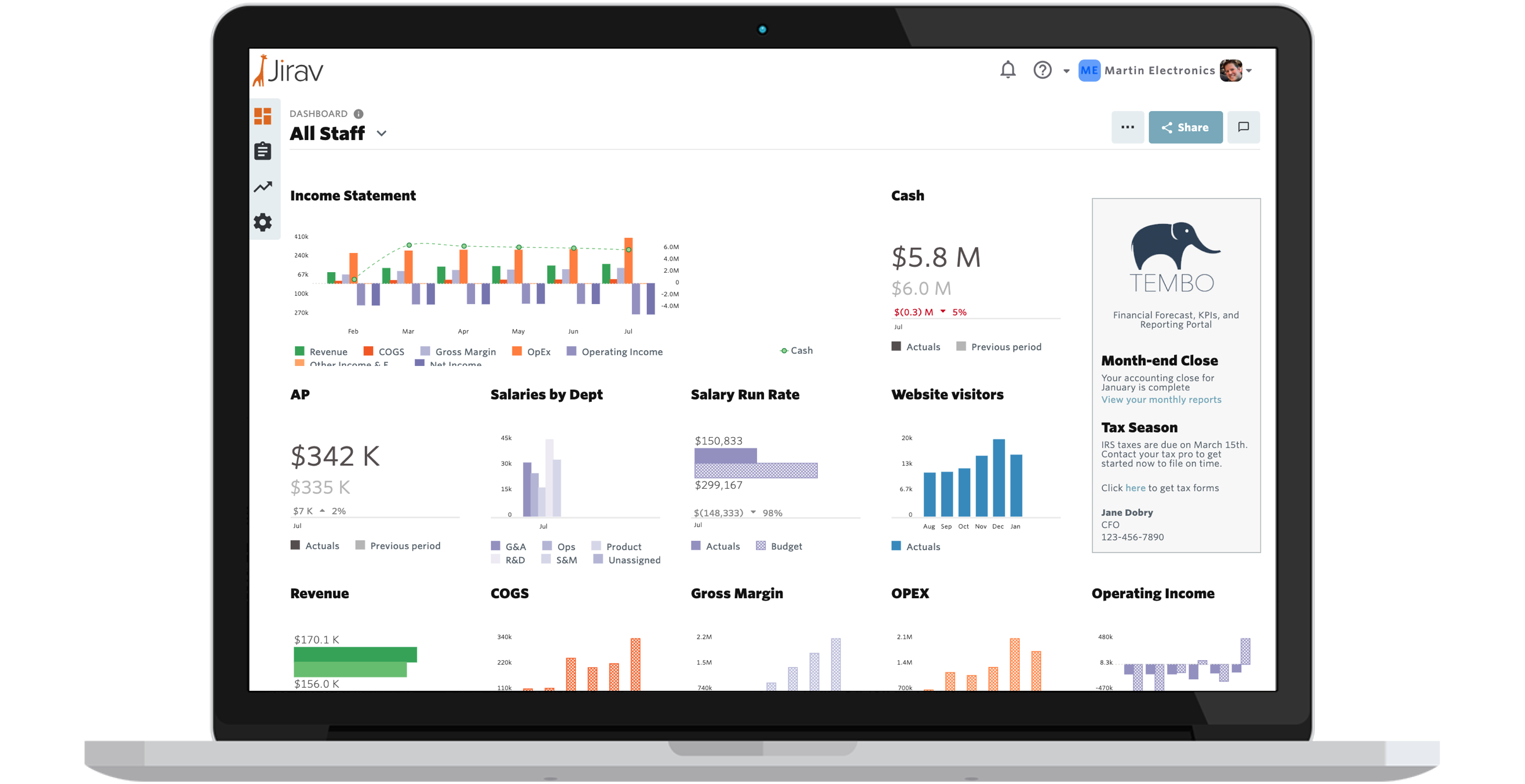 You should also expect your finance team to be using the latest and greatest software to deliver financial forecasts, departmental budgets, and meaningful board reporting packages. Getting out of Excel saves them time and saves you money.
You should also expect your finance team to be using the latest and greatest software to deliver financial forecasts, departmental budgets, and meaningful board reporting packages. Getting out of Excel saves them time and saves you money.
Request a demo today and see how Jirav can deliver the insights you need to improve financial performance at a price that’s right for startups.



